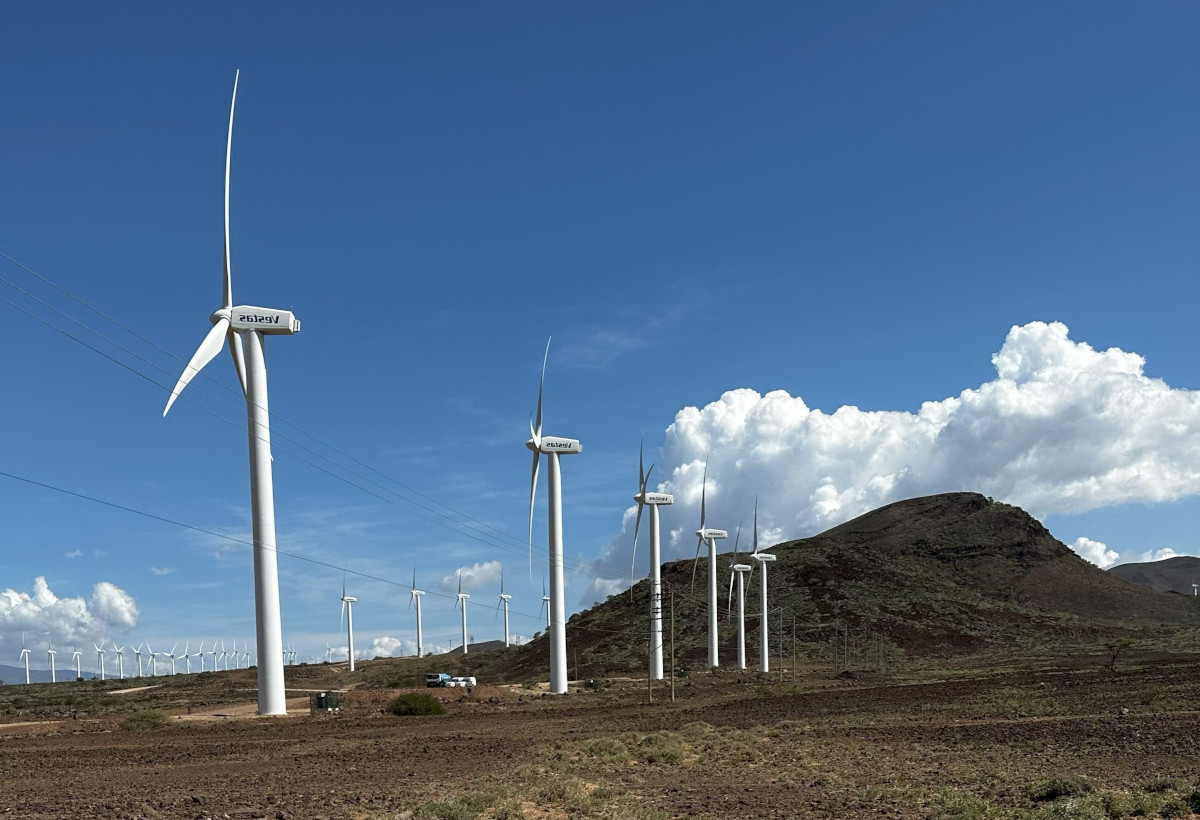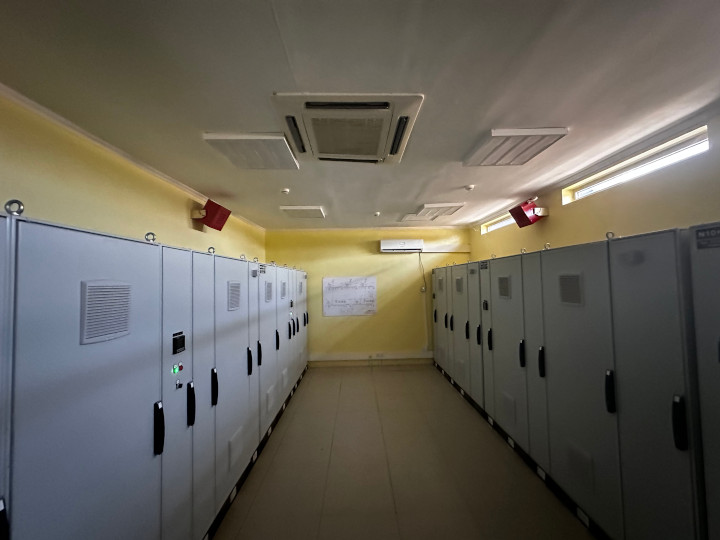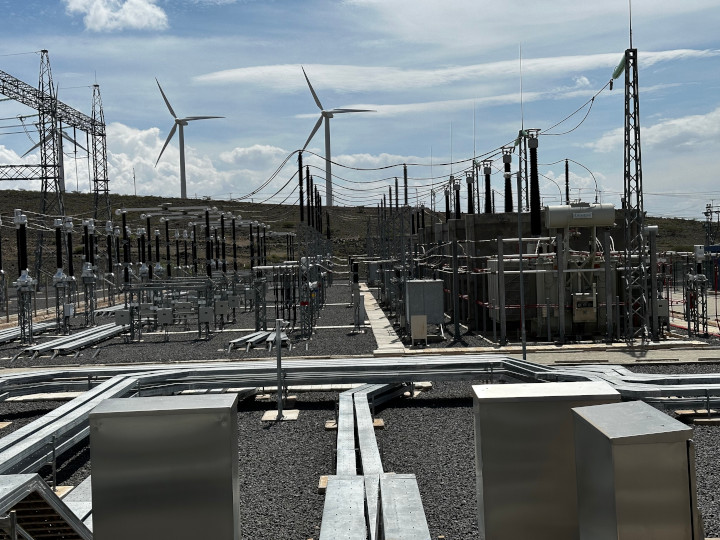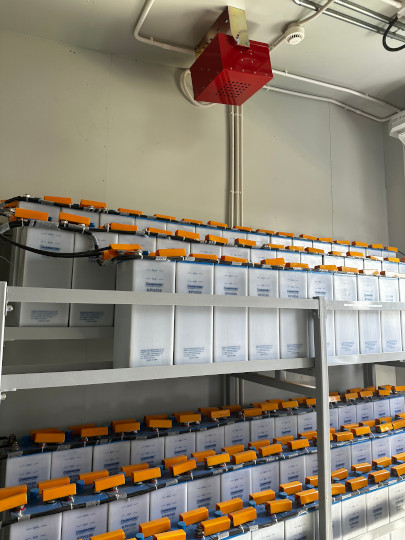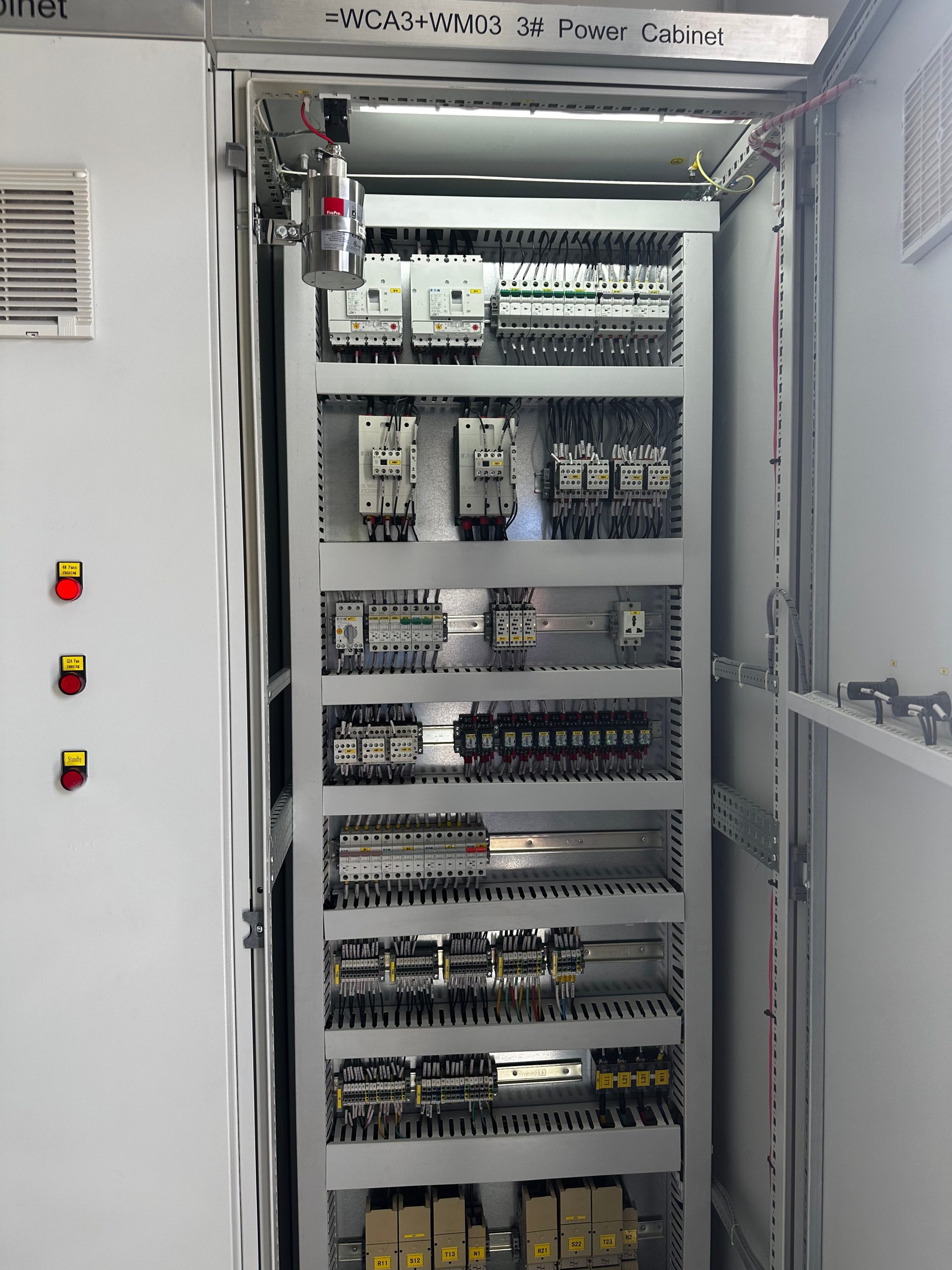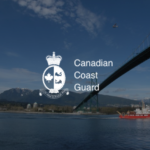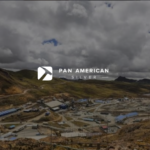The Client
Consisting of 365 wind turbines, each with a capacity of 850KW, the Lake Turkana Wind Power project stands as Africa’s largest wind farm project. Its primary objective is to provide clean, reliable, and cost-effective energy. Situated in a remote area 12 km east of Lake Turkana in northwestern Kenya, the project benefits from a unique geographical setting between two mountains, which channel and accelerate wind streams. In addition to increasing Kenya’s national power grid by 17%, the LTWP contributes significantly to the local community’s wellbeing. Through its affiliated NGO, “Winds of Change,” the project fosters community development initiatives and enhances access to education, healthcare, and clean water.
Risks & Consequences
The project’s remote location posed increased risks, necessitating careful planning and execution. Mobilizing staff and materials from Nairobi to Lake Turkana involved travelling a challenging 750 km route for almost two days. Along this route, issues such as community conflicts, communication breakdowns, and a 230 km off-road stretch without internet connectivity added to the complexity. To mitigate these challenges, ongoing communication with local communities was essential, ensuring timely updates and guidance for mobilization efforts within tight deadlines. Additionally, thorough planning was crucial for the supply of equipment and consumable tools, given the limited accessibility to resources in the remote area. Moreover, integrating various protection systems into a central control room posed a significant risk, especially within the short design period. The potential consequences included power disruptions for lengthy periods due to the limited accessibility in remote areas, financial implications due to the loss of equipment and facilities and ecological implications.
The Task
The task was to successfully integrate various applications into a unique and complex project, incorporating FirePro solutions for built-in cabinet systems, DRPC in-cabinet systems, transformer in-cabinet systems, and total room flooding suppression systems. These systems were deployed to safeguard cabinets and electrical panels across multiple areas, including generator rooms, auxiliary battery rooms, control raised floor rooms, and switchgear rooms. Additionally, a graphical interface screen was integrated into a centralized control panel to display the real-time status of each room. Emphasis was placed on ensuring ease of maintenance and minimizing frequency requirements.
Why FirePro?
FirePro stood out as the preferred choice not only for offering both cabinet and total flooding solutions but also for its efficient integration capabilities. With the project’s remote location and tight timelines, FirePro’s ease of installation and 15-year generator lifespan made it the ideal solution. Furthermore, FirePro was the optimal choice because it does not require refilling, a challenging and time-consuming process due to the project’s remote location. Instead, it offers the advantage of replacing activated generators when needed, a process that is more cost-effective and efficient.
Results of Implementation
Following six months of diligent planning, procurement, installation, testing, and commissioning, the project concluded successfully. An advanced graphical interface which provides complete monitoring and control over fire detection was integrated into a centralized addressable fire alarm panel, providing real-time updates on the condition of every protected room and cabinet. The substation is now safeguarded against fire, with the fire extinguishing system equipped to self-activate even in worst-case scenarios. Given the project’s remote location, a dedicated team of professionals will be stationed onsite for the initial year, offering continuous after-sales support, and promptly addressing any challenges. Subsequently, quarterly inspections will be scheduled to ensure ongoing efficiency and safety.










